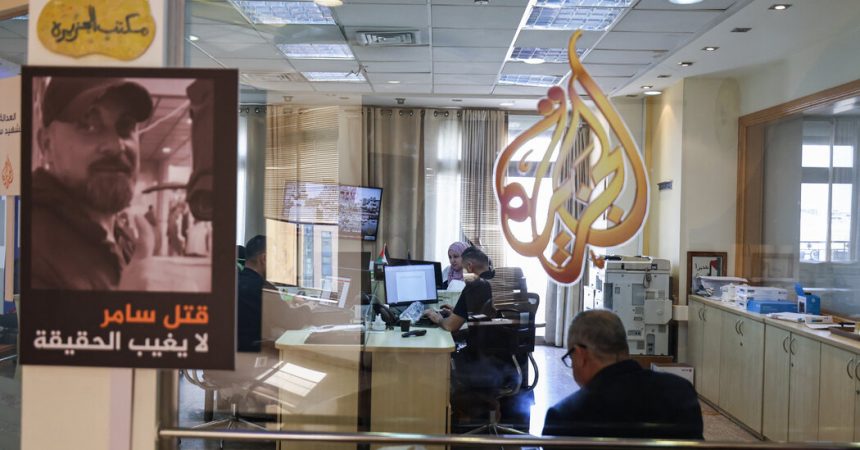A group representing families of the Israeli hostages in Gaza expressed concerns Sunday that Prime Minister Benjamin Netanyahu of Israel, under pressure from hard-line members of his governing coalition, was trying to stall or even sabotage a possible deal that could lead to a cease-fire and the release of captives held by Hamas.
A major sticking point in negotiations has been Hamas’s consistent demand for a commitment by Israel to end its seven-month military offensive in Gaza and to forgo a planned invasion of Rafah, Hamas’s last bastion in the south of the enclave, and Israel’s reluctance to declare such concessions, according to officials.
In the discussions in Cairo, which have been mediated by the United States, Qatar and Egypt, negotiators had been trying to leave some room for ambiguity in the early stages of a three-phased deal that could satisfy both sides.
But on Saturday the Israeli government issued two statements to reporters, to be attributed to an unnamed “political official,” saying that contrary to reports Israel would not agree to end the war as part of a deal. It added that it would not allow mediators to offer Hamas guarantees about the war’s end, while blaming Hamas for scuttling any possibility of a deal by sticking to its demands.
Several of the Israeli reporters who received the statements said they had come directly from the prime minister’s office in an unusual breach of the government’s confidentiality rules.
Nahum Barnea, a prominent political columnist said in a column Sunday in Yediot Ahronot, a popular Hebrew daily news outlet, that he felt that the statements were “designed to scuttle the chances of a deal.”
The Hostages Families Forum, an Israeli nongovernmental group lobbying for the release of the hostages and supporting their families, said in a statement on Sunday that it was “shocked” to hear about the statements. The group called on Mr. Netanyahu to “disregard all political pressure,” “to lead” and to “show courage.”
Mr. Barnea said he believed that Mr. Netanyahu would be freed “of the need to decide” on a deal if Hamas, the mediators and the far-right members of his government could be persuaded that there was not one on the table.
Mr. Netanyahu on Sunday vehemently rejected the accusations, saying in a longer statement, in his own name, that Hamas was the party obstructing a deal. “Israel was, and still is, ready to pause the fighting in order to release our hostages,” he said.
Though details of a potential deal are still being hashed out, Egypt has been pushing a proposal, with the broad approval of Israeli negotiators, that would begin with a six-week truce, during which 33 of the most vulnerable hostages held in Gaza would be released in exchange for hundreds of Palestinians imprisoned by Israel.
Israel would allow the return of hundreds of thousands of displaced Palestinian civilians to northern Gaza with few restrictions, officials have said, previously a major sticking point for Israel.
Husam Badran, a senior Hamas official, said on Saturday that the group’s representatives had arrived in Cairo “with great positivity” regarding the latest proposal. But Hamas officials told Arabic news outlets that issues including a permanent cease-fire and full withdrawal of Israeli troops from Gaza remained unresolved. By early Sunday there was still no indication that Hamas had accepted the deal.






